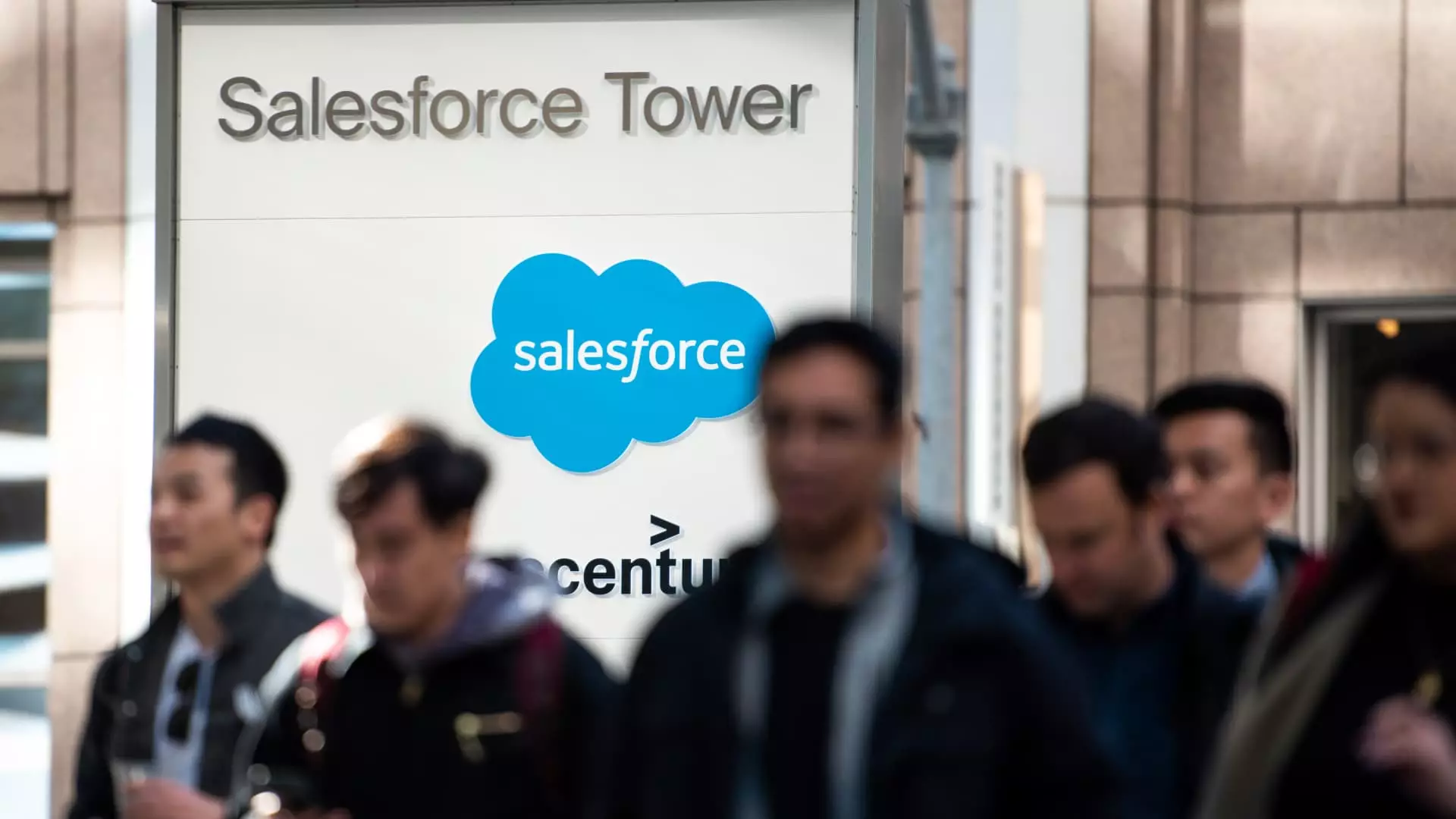The San Francisco real estate market has been facing significant challenges, with the vacancy rate for office space reaching a record high of 34.5% in the second quarter of the year. This marks a steady increase from previous quarters and is a stark contrast to the low vacancy rates before the pandemic. Additionally, the average asking rent has decreased to $68.27 per square foot, the lowest it has been since late 2015. The struggles in the market can be attributed to the difficulties of bringing people back to the office post-pandemic and a slowdown in the tech industry that has resulted in mass layoffs.
While the real estate market in San Francisco is grappling with challenges, there has been a glimmer of hope with the growing interest in artificial intelligence (AI) companies. Despite the overall decline, AI startups have been making significant moves in the city by leasing large office spaces. This includes companies like OpenAI and Anthropic, which have secured substantial square footage in prime locations. OpenAI, for instance, announced a lease of 500,000 square feet in the Mission Bay neighborhood, indicating a positive trend for AI companies in the area.
In contrast to the growth of AI startups, traditional tech companies, law offices, and consulting firms are looking to downsize their office spaces or relocate to more desirable areas. This shift is largely driven by the rise of hybrid work models and the need to provide employees with attractive locations closer to amenities like restaurants and shops. While some top employers like Salesforce, Uber, Visa, and Wells Fargo have started to bring employees back to the office part-time, the overall vacancy rates remain high, particularly in areas like SoMa, which are further from transit options.
Despite some positive signs in the market, such as improved absorption rates and stabilizing office job numbers, there are still challenges ahead for the San Francisco real estate market. It is anticipated that rents may continue to decline, and vacancies could rise further in the coming months. The uncertainty surrounding the upcoming presidential election may also impact the market, leading to a delay in decision-making processes for new leases. As a result, the future of the San Francisco real estate market remains uncertain, with a need for innovative solutions to address the ongoing challenges.
While artificial intelligence has brought some positive momentum to the San Francisco real estate market, it is clear that it alone cannot solve the broader struggles faced by the industry. The evolving dynamics of work preferences, economic conditions, and external factors like major elections will continue to shape the future of the market. As stakeholders in the real estate sector navigate these challenges, it will be crucial to adapt to changing trends, leverage opportunities presented by AI companies, and seek out innovative strategies to revitalize the San Francisco real estate landscape.

Leave a Reply